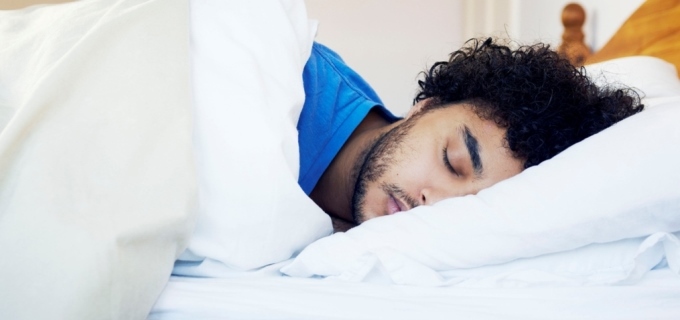Search for a doctor or hospital in your network.


Search for a doctor or hospital in your network.

Get News & Updates Directly To Your Inbox
 Getting a good night’s sleep isn’t easy. It’s even harder if your sleep schedule isn’t typical. But there are steps you can take to make getting the rest you need easier.
Getting a good night’s sleep isn’t easy. It’s even harder if your sleep schedule isn’t typical. But there are steps you can take to make getting the rest you need easier.Sleep is important for everyone. It’s a big part of staying healthy. But getting enough good quality sleep can be hard if you work the night shift or a swing shift where your work schedule varies greatly.
And in our 24-hour society, many people work outside of normal work hours. Hospital staff, police officers, firefighters, health care workers, and those who work in manufacturing and transportation often have non-traditional work hours.
Health care workers, who often work late shifts or swing shifts, are having an especially tough time. A recent study found that both experienced and new shift workers are having even more trouble sleeping because of the added stress from the COVID-19 pandemic.
A main challenge of shift work is that it forces you to sleep against the clock, says the UCLA Sleep Disorders Center. ![]() Our bodies function according to several 24-hour cycles called circadian rhythms .The sleep-wake cycle is one of those cycles. These circadian rhythms are like messages that govern important body functions, including:
Our bodies function according to several 24-hour cycles called circadian rhythms .The sleep-wake cycle is one of those cycles. These circadian rhythms are like messages that govern important body functions, including:
The lifestyle of a shift worker, and the lack of sleep it can spur, can lead to many problems, including:
A health problem called shift work disorder can cause serious physical and mental health problems, says the Sleep Foundation. ![]() It can contribute to many issues, including:
It can contribute to many issues, including:
Shift workers often deal with fatigue and other issues that can be dangerous at work. There are steps you can take while at work to stay safe. The National Institute for Occupational Safety and Health suggests that you:
Outside of work, these steps may help you get more sleep:
No matter what hours you work, make sleep a priority. It helps your mind and body recharge so you can stay healthy.
Blue Cross and Blue Shield of Illinois, a Division of Health Care Service Corporation,
a Mutual Legal Reserve Company, an Independent Licensee of the Blue Cross and Blue Shield Association
© Copyright 2026 Health Care Service Corporation. All Rights Reserved.
Verint is an operating division of Verint Americas, Inc., an independent company that provides and hosts an online community platform for blogging and access to social media for Blue Cross and Blue Shield of Illinois.
![]() File is in portable document format (PDF). To view this file, you may need to install a PDF reader program. Most PDF readers are a free download. One option is Adobe® Reader® which has a built-in screen reader. Other Adobe accessibility tools and information can be downloaded at https://www.adobe.com/trust/accessibility.html.
File is in portable document format (PDF). To view this file, you may need to install a PDF reader program. Most PDF readers are a free download. One option is Adobe® Reader® which has a built-in screen reader. Other Adobe accessibility tools and information can be downloaded at https://www.adobe.com/trust/accessibility.html. ![]()
![]() You are leaving this website/app ("site"). This new site may be offered by a vendor or an independent third party. The site may also contain non-Medicare related information. Some sites may require you to agree to their terms of use and privacy policy.
You are leaving this website/app ("site"). This new site may be offered by a vendor or an independent third party. The site may also contain non-Medicare related information. Some sites may require you to agree to their terms of use and privacy policy.
Powered by Verint